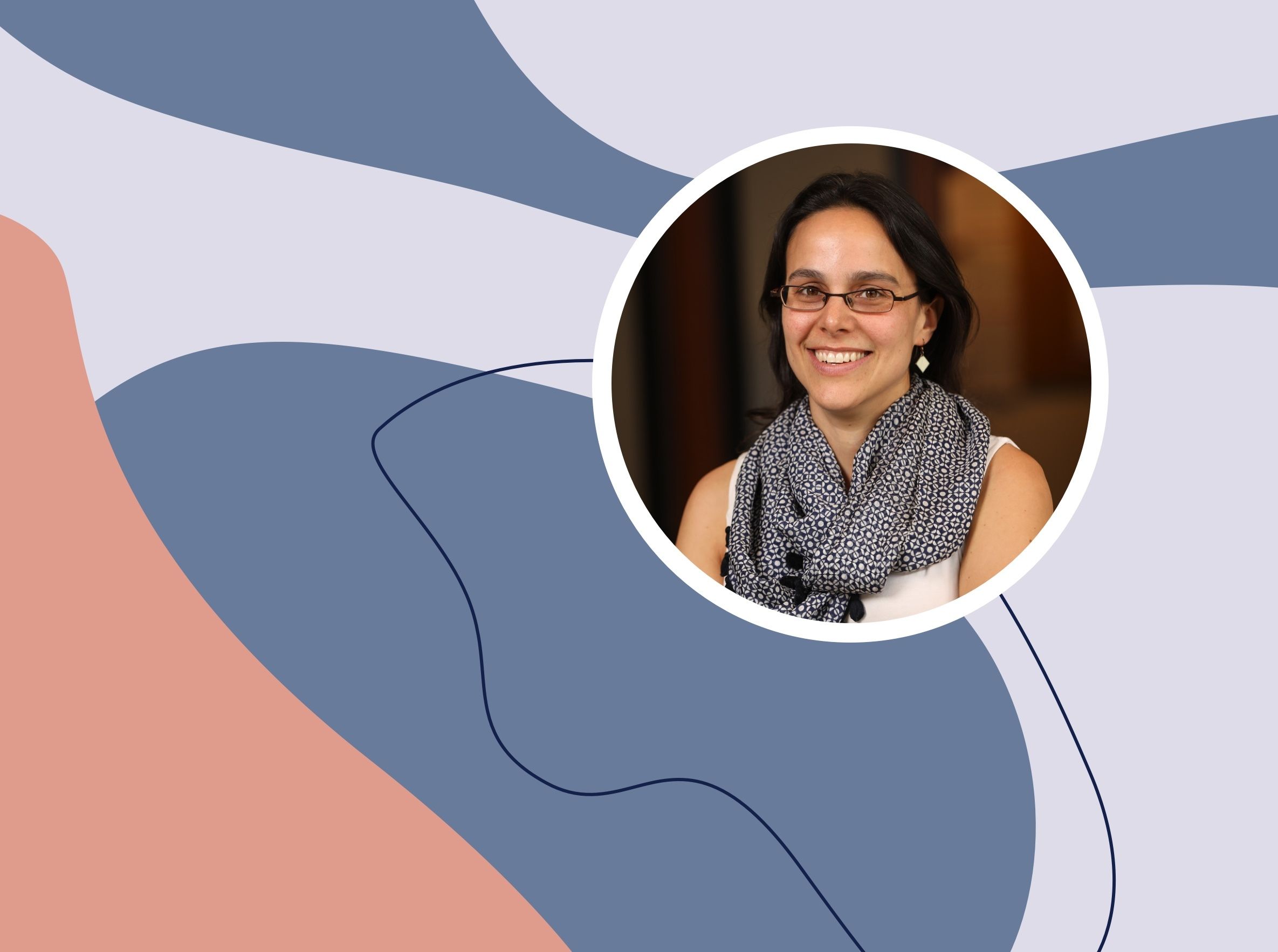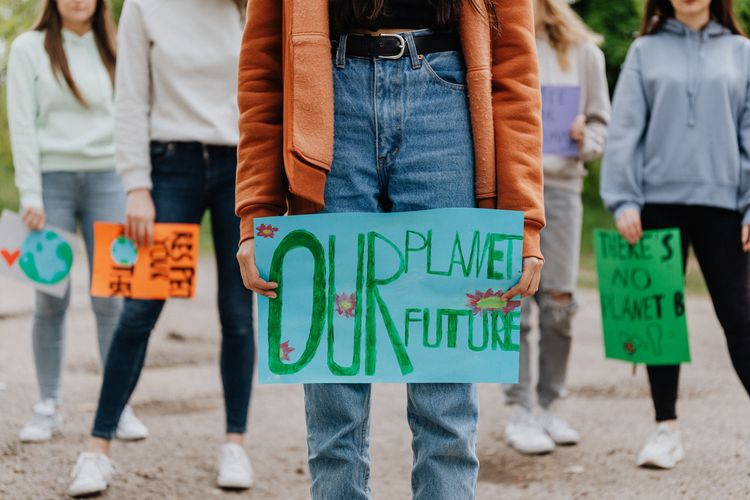
Mar 17, 2023, 4:00 am UTC
2 min
Created by
Q&A: Psychologist Sarah Schwartz on climate change and womanhood
As the impacts of climate change worsen, women increasingly find themselves surrounded by uncertainty. Forced to make major life decisions around their careers, marriage, and parenthood while grappling with this uncertainty and a sense of impending doom, their mental health is suffering.
Sarah Schwartz, Associate Professor of Psychology at Suffolk University in Boston, has examined the relationship between climate change and mental health among young adults around the U.S.
wmnHealth spoke to Schwartz about her interest in studying climate change, how it's impacting young women, and why taking collective action for the climate beats individual action.
This interview has been edited for length and clarity.
wmnHealth: How did you become interested in studying climate change and its psychological impacts?
Sarah Schwartz: This area is closely related to my identity, particularly my identity as a mother. While on maternity leave, I started thinking, "What will I tell my children about what I was doing to address climate change in this crucial window of time?" And that is what led to a shift in my research.
What's on the minds of young adults as climate change accelerates?
Schwartz: I taught a college class on psychology and climate change. Among college students was this sense of "I've always seen having kids as an important part of my life and my future. But now, I'm questioning whether I should have kids or I've decided I will not because of climate change." For many, that's one of the few places they can exert control. And so, they think, "I'm going to take the control that I can over my own body and my family decisions."
How can people combat these feelings of helplessness and mobilize climate action?
Schwartz: Collective action may be helpful for personal mental health and to make [political] change. And we have the numbers on our side. So, I hope that if we can get folks to channel their concerns about climate change into action and use whatever skillset they have to bring attention to this issue, we can make change happen.
Collective action sounds like a helpful strategy, but what does it look like in practice?
Schwartz: Often, people think of activism as being the person up front with the loudspeaker. That's one way to engage in activism, but there are other ways. For example, collective action could be anything from attending an educational event, talking with friends and family about climate change, participating in a political campaign, or signing a petition. So, collective action can look like a lot of different things.
What makes collective action so impactful?
Schwartz: Interestingly, in addition to collective action, we also looked at individual action, which are things like reducing your carbon footprint or energy use, or recycling. For individual action, we didn't find the same buffering effect for depression, possibly because collective action also includes a piece of social support. We know that social support has a protective effect on depression. When we think about women's health, that social support piece is vital.
More generally, we often hear a sense of helplessness from young adults: "Anything I do is just a drop in the bucket and isn't going to make a difference." What's powerful about collective action is the sense of power, the sense of agency it provides.
Subscribe to our newsletter
Get a weekly roundup of articles, inspiration, and brain health science in your inbox. Subscribe now.

